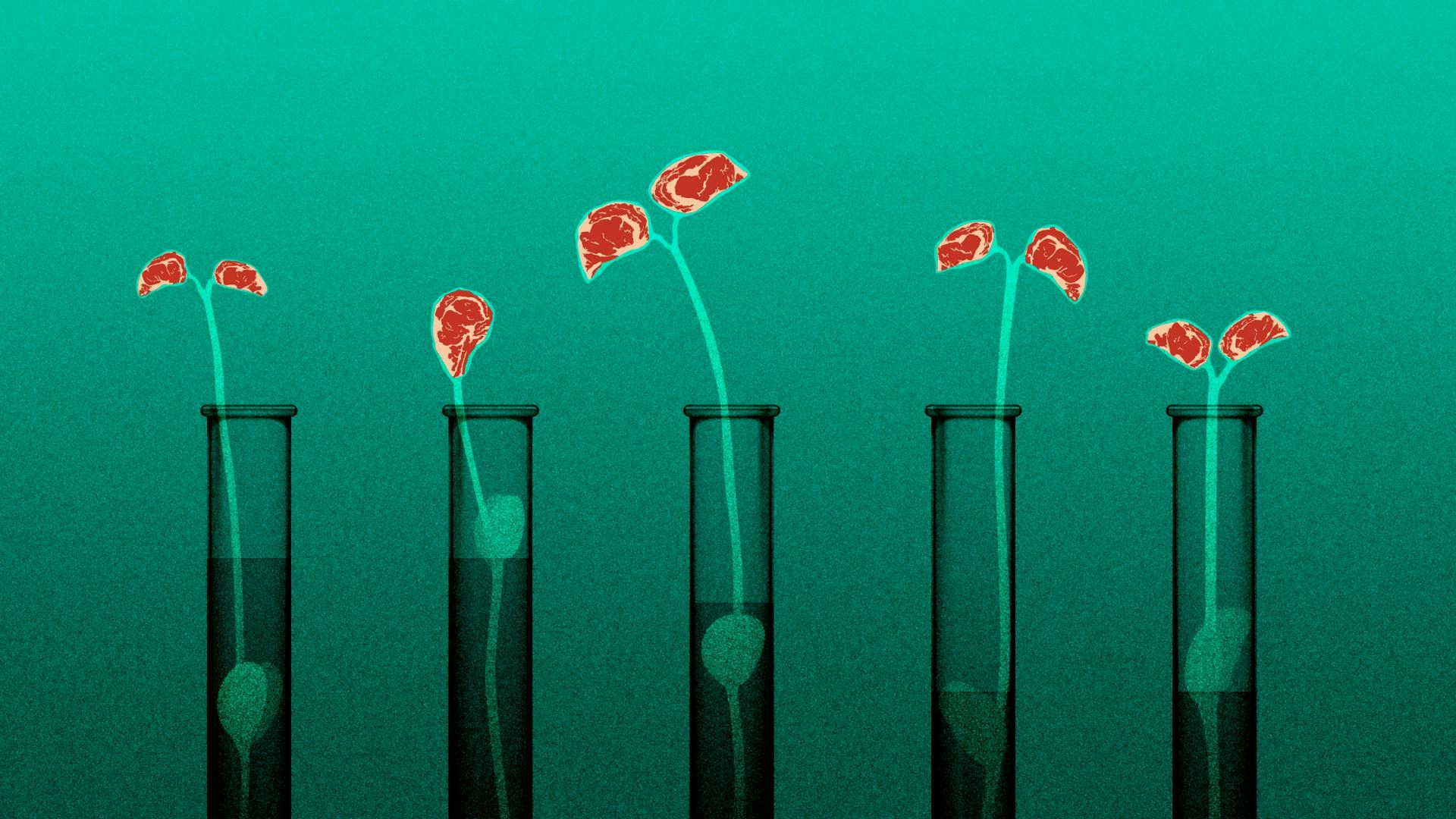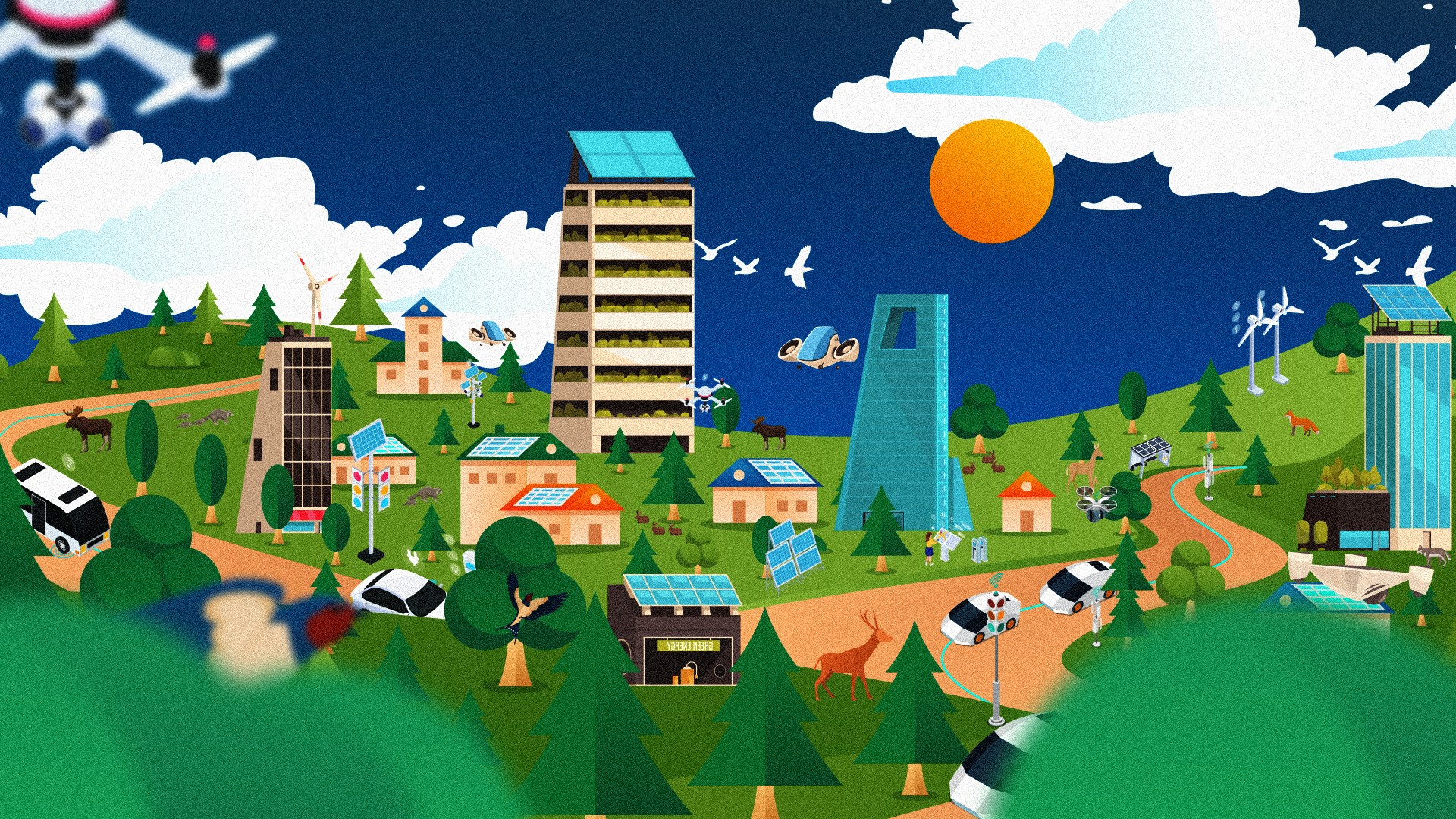Plant meat, vegan values and the new technology of food

I haven’t eaten meat in two years. Thankfully, it’s now easier than before to encounter plant-based dishes when dining out (though it may be the one “plant burger” on the menu, among its fleshy counterparts).
Plant-based alternatives are also increasingly accessible in supermarkets and restaurants.
This is due in part to advancements in food technology—edible products made from the industrial/technical transformation of raw products—which provide new culinary solutions that do not involve the suffering of sentient beings, and ideally mitigates destructive environmental consequences related to the industrialisation of meat.
The IPCC’s 2021 report observes a growing awareness amongst customers about these effects. It estimates that 10 percent of greenhouse gas emissions, and enormous consumption of energy, water and land, are attributable to the farming of livestock. Mostly-meat diets are also responsible for heart failure and the development of cancers—which is trickling into consumer awareness.
Despite this, eating habits are difficult to change. The top three arguments consumers outline to justify meat consumption are taste, texture, and health concerns related to deficiencies. Though this last concern is justifiable, meat lobbies played a disproportionate role in cultivating the notion that lots of meat is crucial to healthy diets. A 2020 Policy Lab report observes “the UK consumes far more protein than needed”; in contrast, plant-focused diets can provide all necessary nutrients apart from vitamin B12.
Some consumers, however, are eating more plant-based food. There is a strong generational factor at play: 75 percent of millennials would change their eating habits to protect the environment, compared to 34 percent of baby boomers. 70 percent of millennials also read food labels more closely than five years ago. This political consumerism—aligning consumption to political and ethical beliefs—will help the plant-based market expand from $1,4 billion in 2020 to $29 billion by 2031.
The latest in lab food
98 percent of people who buy plant-based meat still consume traditional meat. Thus, plant meat startups have developed several technologies and industrial processes designed to reproduce a similar experience to meat-eating: Beyond Burger uses beetroot juice in lieu of blood for steak patties. Mimic Seafood’s dried ‘finggerino’ tomatoes taste and feel like slices of raw salmon.
Others take a more chemical approach. Swedish company Mycorena grows fungi that is naturally structured like meat, to create plant-meat. MycoTechnology plans to use fungi as a natural tongue-receptors blocker to cancel out the bitterness of certain plant proteins. San Francisco’s Eat Just developed lab-grown nuggets from poultry cells that, last year, were approved for consumption in Singapore.
Although technologies that replicate unstructured food, like steak patties or chicken nuggets, are flourishing, imitating more structured pieces is harder to achieve. The startup Novameat is exploring 3D printing technologies to mimic muscle fibre to create the “most realistic” plant based steak, but its market entry has been postponed to at least 2022.
Perhaps strangest of all, the “Norimaki synthesizer” stimulates taste sensors through micro-electro shocks delivered when you lick a screen. Like something out of Willy Wonka’s factory, this technology promises to provide flavour without the downsides of eating great amounts of sugar, salt or fat.
How viable are these solutions?
“[Introducing plant-based products in our menu] has to be done at the pace that a customer is willing to be nudged,” says Chris Kempczinski, chief executive of McDonald’s. Providing too many plant-based options too quickly would likely drive them elsewhere, so he advocates for a small steps strategy to normalise alternatives.
And there are other challenges.
As previously mentioned, there is a strong link between meat-eating and political identity. The segment of the population least likely to go vegetarian are male conservatives, who worry most about taste and health when cutting out meat. This in part stems from the derided “skinny liberal white girl” stereotype of the vegetarian or vegan consumer.
White people are ubiquitous in the media’s portrayal of vegetarianism, despite the fact that many non-white ethnic dishes are plant-based. Numerous countries have a strong plant-based culinary tradition, includng India, Brazil and China; 5 to 30 percent of their populations are vegetarian. It’s perhaps unsurprising that in the US, cultural minorities have a greater tendency to go vegetarian (nine percent versus three percent for people classified as “white”).
But the promotion of vegan diets acts as a tool of distinction for dominant classes. First, there’s the cost of these tech alternatives: While Impossible Meat has twice cut the cost of its products, each time by 15-20 percent, they remain as pricey as premium meat. Secondly, the shaming of meat-eaters in veganism leads to further villainization of developing countries that lack western incentives to follow plant-based ethical guidelines. These elements strengthen “white veganism.”
And while being plant-based seems better for the ecosystem and well-being of animals, it isn’t automatically healthier. Vegans and vegetarians have a higher tendency to turn to ultra processed food, annulling the health benefits. And Beyond Burger’s meat alternative contains more sodium than actual meat, which increases the risk of heart attack and strokes.
It is also hard to predict whether the massive shift to just a few plant-based proteins (mainly soy and chickpeas) will have only positive effects on ecosystems, or if it would only shift burdens from one monoculture to another. IPCC’s report observes, “Meat analogues, such as imitation meat (from plant products), cultured meat, and insects may help in the transition to more healthy and sustainable diets, although their carbon footprints and acceptability are uncertain.”
Much remains to be determined in terms of facilitating the global evolution of plant-based diets. But maybe in the near future, running out for 3D-printed plant nuggets will be as common as coming home with a bucket of KFC.
25 Feb 2022
-
Olivier Lhuissier
Illustrations by Debarpan Das.
DATA-DRIVEN TECH & SOCIAL TRENDS. DISCOVERED WEEKLY. DELIVERED TO YOUR INBOX.
02/03
Related Insights
03/03
L’Atelier is a data intelligence company based in Paris.
We use advanced machine learning and generative AI to identify emerging technologies and analyse their impact on countries, companies, and capital.

